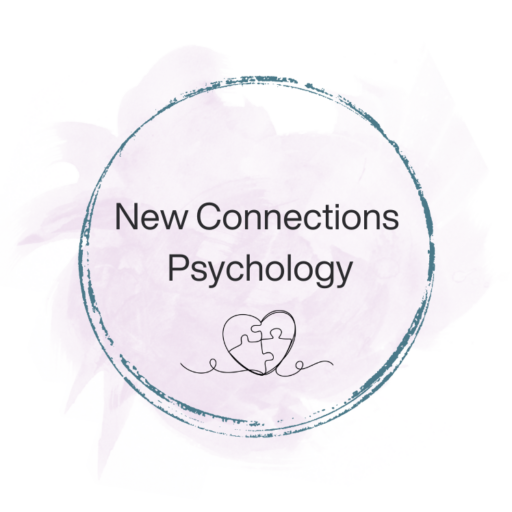Introduction
Eating disorders are serious mental health conditions that affect a person’s relationship with food, body image, and overall well-being. These disorders can have severe consequences on both physical and mental health, but with the right knowledge, support, and treatment, recovery is possible. In this blog post, we will explore different types of eating disorders, their signs, and available treatments, shedding light on a topic that continues to affect millions of people around the world.
Understanding Eating Disorders
Eating disorders are complex conditions that can manifest in various forms. Some common types include anorexia nervosa, bulimia nervosa, binge eating disorder, and other specified feeding or eating disorders (OSFED). Anorexia nervosa is characterized by an intense fear of gaining weight, leading to self-imposed starvation and excessive weight loss. Bulimia nervosa involves episodes of binge eating followed by purging behaviours, such as vomiting or excessive exercise. Binge eating disorder is characterized by recurrent episodes of consuming large amounts of food without purging.
Recognising the Signs
It is crucial to recognize the signs of eating disorders early to facilitate prompt intervention and support. Signs of anorexia nervosa may include significant weight loss, preoccupation with food, extreme dieting, and distorted body image. Bulimia nervosa signs may include frequent trips to the bathroom after meals, use of laxatives, and evidence of binge eating behaviours. Binge eating disorder signs may include eating large quantities of food even when not hungry, eating alone due to embarrassment, and feelings of guilt or shame after eating.
Available Treatments
Fortunately, there are effective treatments available for individuals struggling with eating disorders. Treatment plans are often individualized and may include therapy, medical monitoring, nutritional counselling, and medication. Cognitive-behavioural therapy (CBT) is a common therapeutic approach used to help individuals identify and change negative thought patterns and behaviours related to their eating disorder. Family-based therapy is often beneficial for adolescents, involving the family in the treatment process to provide support and create a positive environment for recovery.
Recovery and Support
Recovery from an eating disorder is a challenging journey that requires perseverance, support, and patience. It is essential for individuals in recovery to surround themselves with a strong support system, including friends, family, and mental health professionals. Support groups and online communities can also provide a sense of belonging and understanding, connecting individuals with others who have experienced similar struggles.
Prevention and Education
Preventing eating disorders involves raising awareness, promoting positive body image, and teaching healthy coping mechanisms for stress and emotional challenges. Schools, communities, and healthcare providers play a crucial role in educating individuals about the dangers of dieting extremes, unrealistic body standards portrayed in the media, and the importance of seeking help when struggling with body image or disordered eating behaviours.
Getting Help Through Counselling
Counselling can be a lifeline for individuals struggling with eating disorders. Skilled therapists provide a safe and non-judgmental space where individuals can explore the root causes of their disordered eating behaviours and work towards healing. Through counselling, individuals can gain insight into their emotions, learn healthy coping strategies, and develop a positive self-image. Therapists specializing in eating disorders often employ evidence-based therapies like Cognitive-Behavioural Therapy (CBT), which helps individuals identify and challenge negative thought patterns and behaviours related to food and body image. Additionally, counselling sessions can address underlying issues such as trauma, low self-esteem, or anxiety, which might contribute to the development or perpetuation of eating disorders.
Moreover, counselling can involve family members, providing them with education and tools to support their loved ones effectively. Family therapy can help in repairing relationships, improving communication, and fostering understanding, which are pivotal for a sustainable recovery journey.
Conclusion
Eating disorders are serious conditions that affect millions of people worldwide, but with proper understanding, early recognition, and access to effective treatments, recovery is possible. It is essential to promote awareness, support those in need, and educate society about the signs and treatment options for eating disorders. By fostering a compassionate and informed environment, we can help individuals on their journey toward recovery, empowering them to lead healthy, fulfilling lives free from the grips of these devastating disorders. Remember, seeking help is a sign of strength, and no one must face this battle alone.

